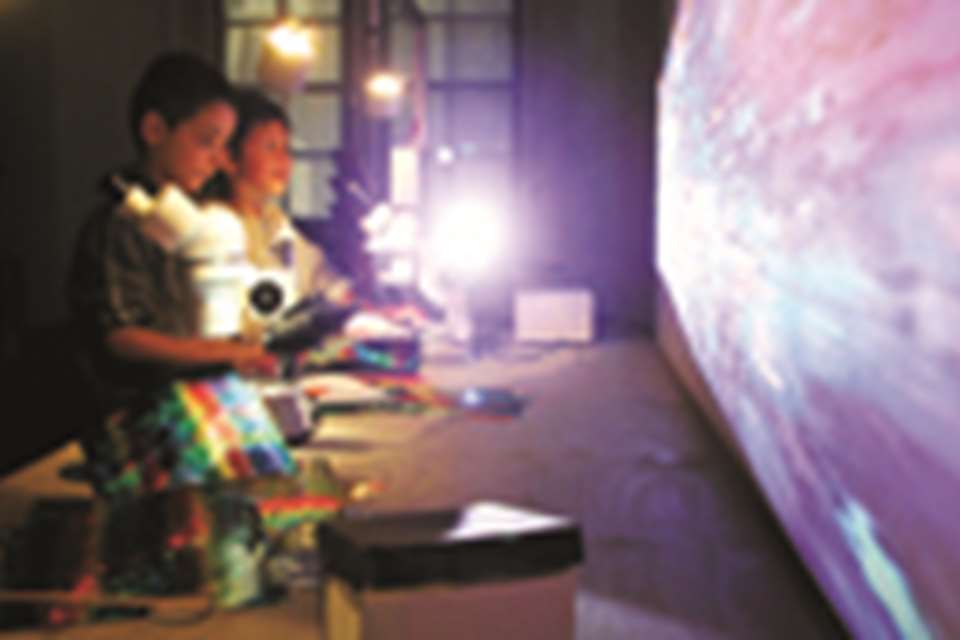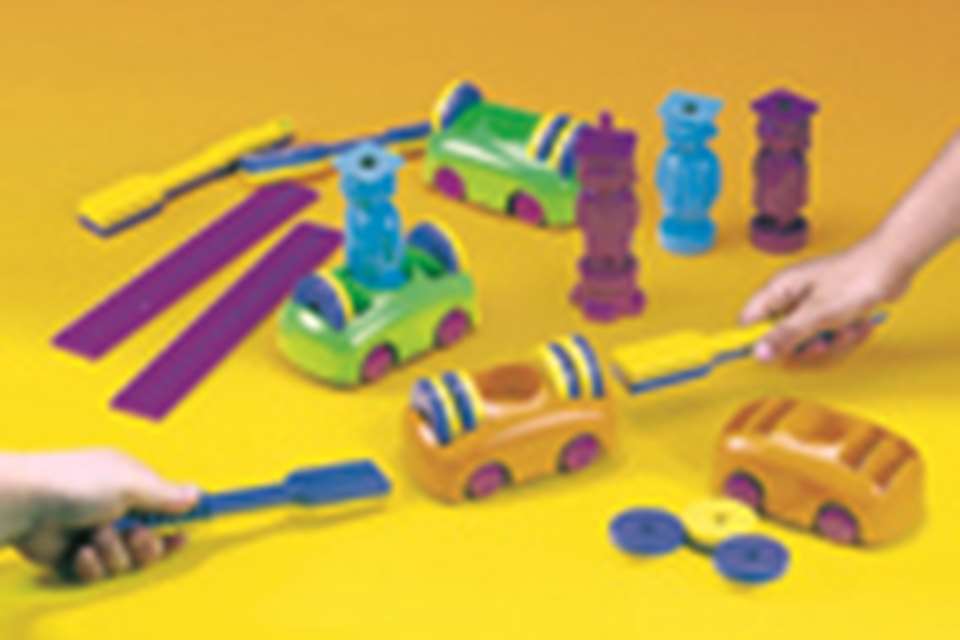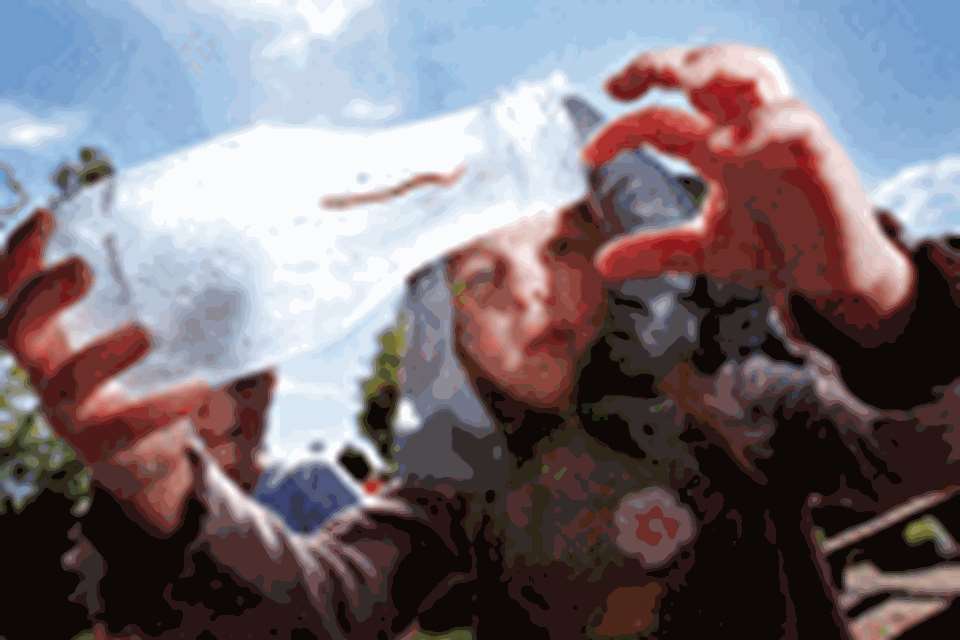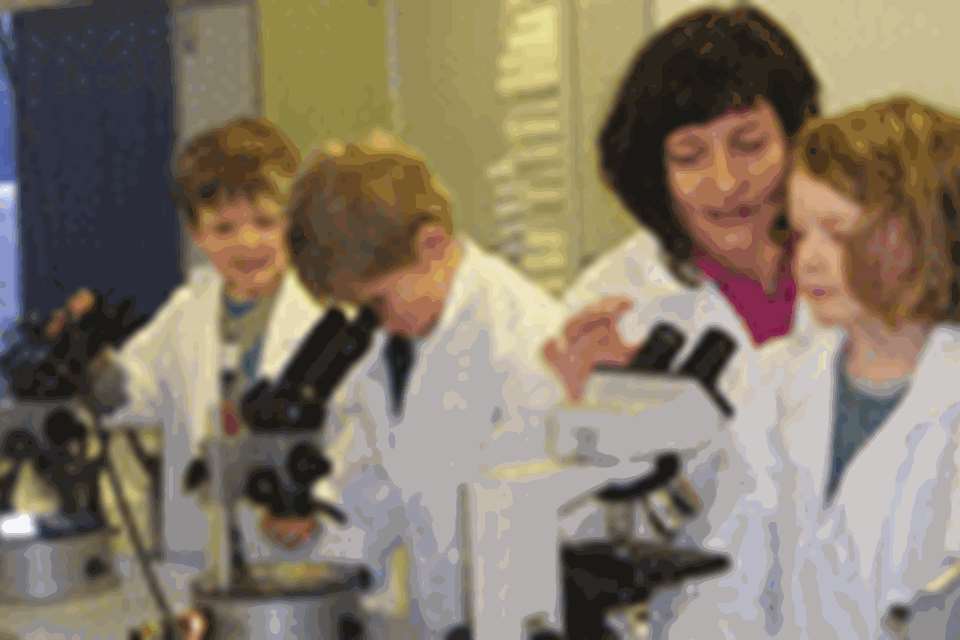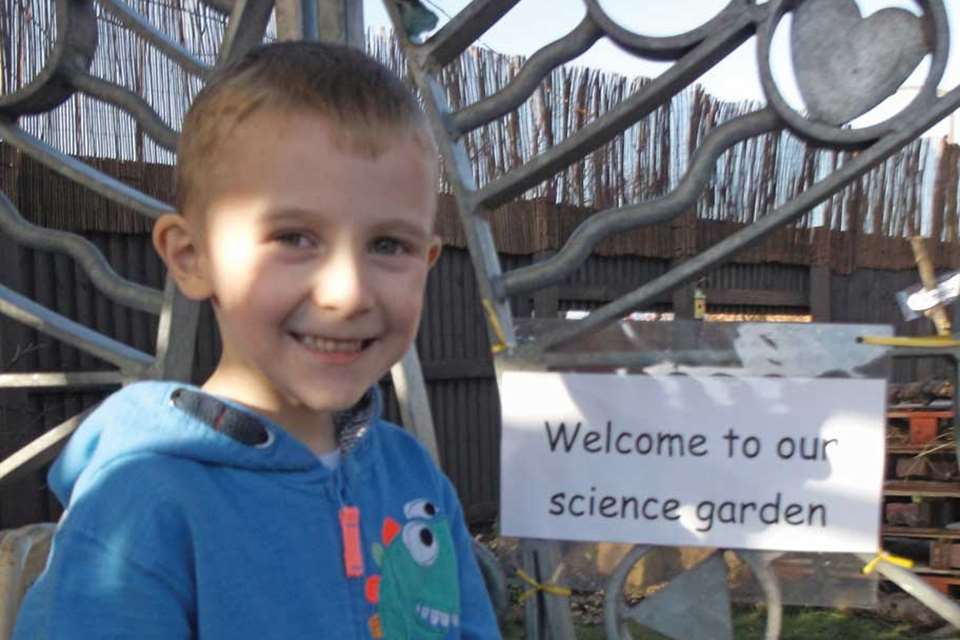Positive Relationships: Budding scientists
Penny Tassoni
Monday, September 22, 2014
Children are naturally curious - a fact practitioners and parents can use to encourage early scientific learning, says Penny Tassoni.

Science is perhaps one of the easiest subjects with which to engage a child. You only have to watch a baby pick up and explore a bit of fluff from a carpet to see that children seem to have an instinct to observe and explore.
Of course, their exploratory nature can also throw up a raft of challenges. Babies who drop food over the side of their high chairs may be exploring gravity, but the mess has to be cleared up. Toddlers may be fascinated by how water moves when disturbed by an object, but few parents want to see their smartphones in the toilet.
Challenges aside, both parents and settings need to find ways of fostering and encouraging children in their scientific endeavours.
BABIES
There has been plenty of research to suggest that early stimulation is important for babies, and there are clear links to be made with early science when providing a stimulating environment. Every part of a routine in an early years setting has the potential to provide opportunities for babies to experiment.
Weaning, while essential in meeting babies' nutritional needs, is a great example of this. The different textures and tastes act as contrasts and babies quickly learn which foods they like. Touching and manipulating foods is not just play; it is a lesson in malleability. The hands-on approach is no doubt messy, but it is interesting - given sufficient time - to see how babies will stare intently or carefully poke and squeeze foods.
At this time in their lives, everything is fascinating and so something as simple as putting out both plastic and metal spoons can give a baby something to think about. In the same way, the treasure basket - a classic tool to stimulate babies - can be a focus for our attention. How many different items are placed in the basket? How many textures and contrasts are represented in the treasure basket? What new materials are added to make sure that babies have a varied experience?
TODDLERS
While often unnoticed by adults, it would seem to me that toddlers are busy exploring Newton's three laws of motion. They push things around that are clearly too heavy for them. Then, of course, most toddlers love watching things roll down tubes and continue to roll out the other side. Finally, they are frequently caught out when it comes to Newton's third law: that every action has an equal and opposite reaction. That collision with the tricycle against a wall that throws them backwards always takes them by surprise.
While too young to be burdened with the laws of physics, this age group needs plenty of physical challenges that will allow them to throw, catch, balance and manipulate objects and themselves. They will need blocks, tubes and drainpipes as well as pushchairs and anything with wheels. Yes, there will be some tussles, bumps and bruises, but children's need to explore movement is more important, assuming that we maintain reasonable safety levels.
THREE TO FIVES
As children get older, questions about the world are likely to tumble out. Why do clouds move in the sky? Do snails have mummies? Observing, being curious and providing imaginative answers are all part and parcel of the life scientific.
There will be plenty of times when our own science knowledge lets us down, but this in itself can provide a great opportunity to demonstrate sustained shared thinking. 'Shall we see what happens?' and 'Shall we see if we can find out more?' are useful answers to slip in.
So what does this age group need to help them grow in this area? The main thing is an informed and interested adult who can assist children to observe what is happening, encourage children to ask questions and point things out. Helpful, too, is a little equipment. A digital magnifying glass is a wonderful tool for this age group. Finally, they need time. Time to stand still, time to watch and - above all - time to think.
[asset_library_tag 568,Download the PDF]


